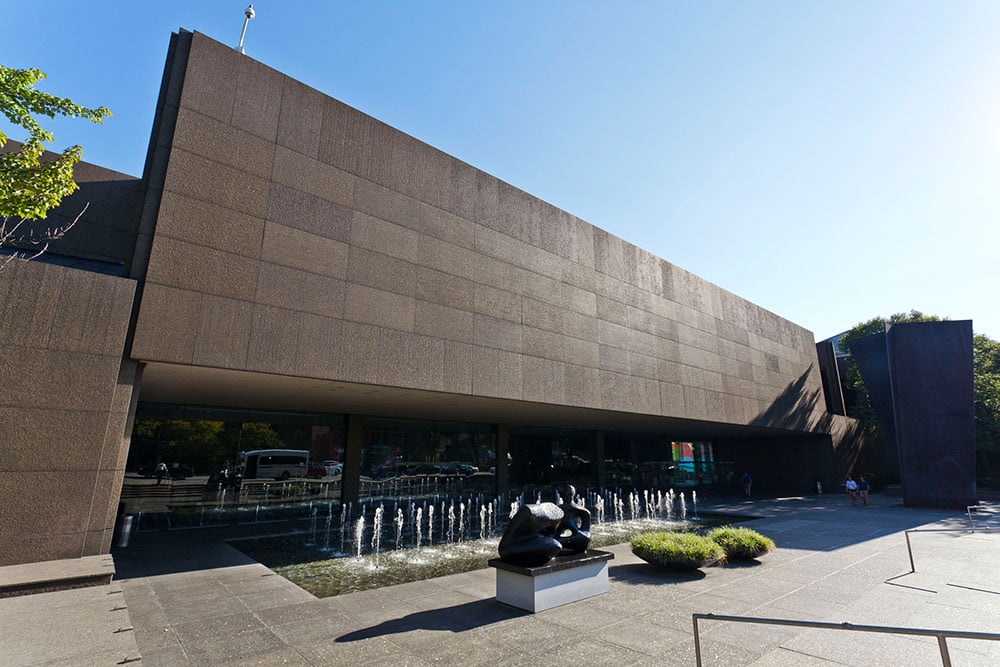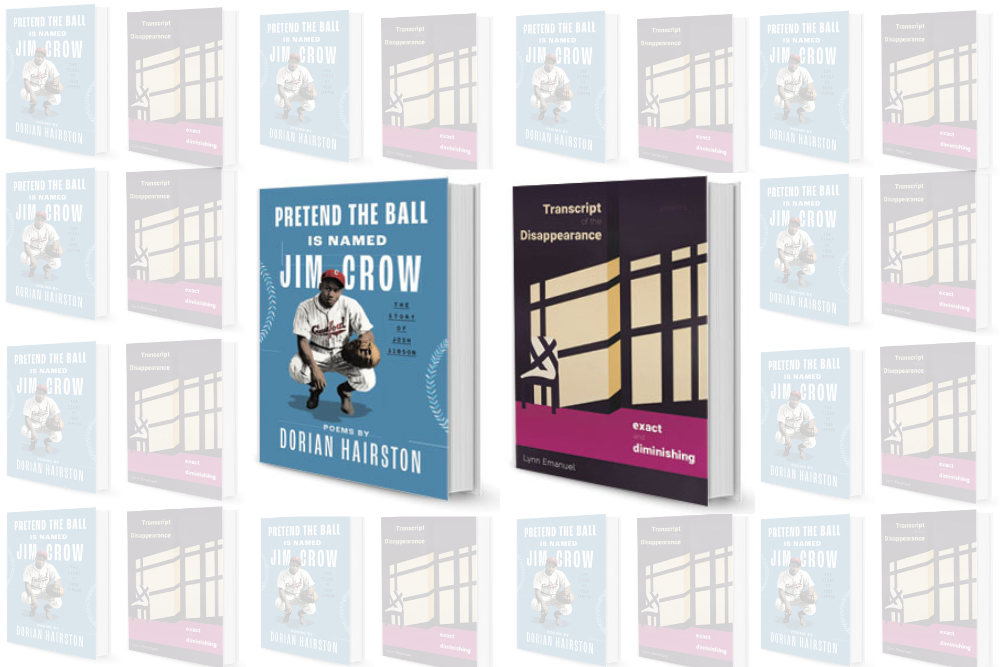Reading: 8 Hot Books For The Cold Days Ahead
Our book editor turns up the heat with a fresh batch of tasty reads.
 Exile Poems: In the Labyrinth of Homesickness
Exile Poems: In the Labyrinth of Homesickness
by Tuhin Das; translated from Bengali by Arunava Sinha
Bridge & Tunnel Books, $17.95
The author dedicates this collection of poems to “all torchbearers who have been exiled, disappeared, imprisoned, and injured, and those who have lost their lives for defending freedom of expression.” Tuhin Das, who fled his home country of Bangladesh in 2016, was granted asylum in the United States in 2021. He is a writer in residence at City of Asylum on the North Side. “Out of the Fort Pitt Tunnel / my first view of Pittsburgh. / The way we cling to a new lover / is how these three rivers / joined with my feelings” he writes, transforming an experience common to all Pittsburghers into a moment with deep political and personal implications. The recent attack on the author Salman Rushdie serves as a much-needed reminder that freedom of expression cannot be taken for granted and that, in Das’ words, “an artist’s very existence makes those in power feel threatened.”
 Another Appalachia: Coming Up Queer and Indian in a Mountain Place
Another Appalachia: Coming Up Queer and Indian in a Mountain Place
by Neema Avashia
West Virginia University Press, $19.99
The author, a queer, Asian-American teacher and writer, is probably not who most Americans think of when they think of Appalachia. The media portrays the region as exclusively white in complexion and totally red in politics. Neema Avashia’s stunning collection of personal essays seeks to redress this stereotype. A first-generation American born to Indian parents, Avashia, a Carnegie Mellon University alumna, grew up in rural West Virginia, a state she writes about with unabashed love. “I cannot count the number of times in my life I have been asked the question ‘Why West Virginia?’ by disbelieving Americans,” she writes. This book answers that question and in the process reveals a much more diverse and complex region.
 Burning Butch: A Memoir
Burning Butch: A Memoir
by R/B Mertz
The Unnamed Press, $18.99
R/B Mertz describes themself as a trans and non-binary butch. In certain political circles, the trans community — already highly at risk of being targeted with violence — has become a favorite punching bag. Mertz, who grew up in a religiously conservative environment, documents their own growing awareness that they were not what family members, teachers and lovers insisted. “All I needed to do to keep the peace with him was erase myself,” they write about the abusive relationship with their father. In a sense, that is very true of the larger culture in this country. Luckily for readers, Mertz refused to erase themself and survived to write this book that is so absolutely necessary at this moment in America.
 Ophie’s Ghosts
Ophie’s Ghosts
by Justina Ireland
Balzer + Bray, 16.99
“When she was twelve, Ophelia Harrison saw her first ghost,” writes Justina Ireland in this middle-grade supernatural adventure. The murder of Ophie’s father in Jim Crow Georgia, and his appearance as an apparition with a dire warning, sends the young girl and her mother fleeing north to Pittsburgh. She finds the city “gray and sad, the sun nonexistent,” a perfect setting for a haunted mansion where Ophie and her mother find work. But even in the industrial north she finds that racism and the specter of slavery are not easily buried. Ophie’s bravery and her ability to speak to the spirits will uncover long-buried secrets and a grisly murder in this spooky and all-too-relevant tale.
 The Girl Who Wasn’t and Is
The Girl Who Wasn’t and Is
by Anastasia Walker
bd nyc, $20
“It’s not all your snuffed out tomorrows / Nor the sanctioned bigotry / Nor even the ferocity / Of your murders — call them atrocities — / That sits like nine hundred pounds of lead and ice in my heart, but the fear / … You might for a second have felt /
I deserve this,” writes Anastasia Walker in the poem “Remembrance (January 2013),” which unflinchingly catalogs the brutal murders of members of the worldwide trans community. Walker, a transgender poet, essayist and photographer, writes poems of uncompromising clarity that serve as a reminder of the power of language not only to dehumanize marginalized people, but also to affirm our indelible shared humanity. There is rage here, yes, but also tenderness and a resolute love.
 She Gets the Girl
She Gets the Girl
by Rachael Lippincott and Alyson Derrick
Simon & Schuster, $18.99
Alex and Molly are a classic odd couple. Alex is brash, quick-witted and messy. Molly is shy, studious and keeps everything neat as a pin. These young women are immediately at odds with one another, but what they do have in common is a shambles of a love life. Alex, on the outs with her girlfriend, hatches a plan to help Molly get the girl she’s been in love with for years in order to show her own understandably skeptical ex that she can indeed do a selfless thing and thus win her back. If fun and romantic and kind of angsty is what you look for in romance fiction, then look no further than this little gem of a novel.
 The Sound Boat: New and Selected Poems
The Sound Boat: New and Selected Poems
by Judith Vollmer
University of Wisconsin Press, $18.95
“Scatter your dark thoughts / and embrace Literature. Un-sequin the sky cocktail, / count the constellations that way, your own way,” writes Judith Vollmer in her poem “A Visit from Milosz.” This could be considered a cri de coeur, or at the very least a backstage peek at Vollmer’s methodology. The scattering of sometimes disparate thoughts, wrapping oneself in literature, and doing things your own idiosyncratic way, whether it’s counting the stars or composing a poem, are all streams feeding the work on display in this collection. Here we have a private cosmology expansive enough to include the famed Polish poet, George Harrison, Jane Jacobs and the city of Pittsburgh, which crackles like “Paris, San Francisco, / a minor, gritty Rome.”
 American Workman: The Life and Art of John Kane
American Workman: The Life and Art of John Kane
by Maxwell King and Louise Lippincott
University of Pittsburgh Press, $40
The workingman-artist John Kane immigrated to the United States from Scotland at age 19 in 1880. He arrived in Braddock to work at the Edgar Thomson Works. A peripatetic man his entire life, as well as a drinker and a brawler, Kane never stayed put in one place for very long. In 1927, a painting by Kane, who was a self-taught artist, was accepted for that year’s Carnegie International, setting his professional career in motion. Kane’s philosophy was simple: “I drew the mills and industrial plants as well as the hills and valleys all around. You don’t have to go far to find beauty. It is all over, everywhere, even in the street on which you work.” An exhaustive biography as well as a deep critical appreciation of Kane’s art, “American Workman” should bring new attention to this artist’s remarkable work.














